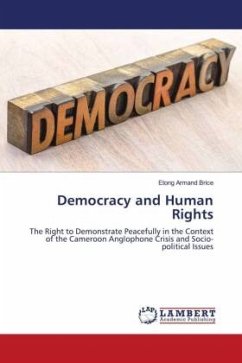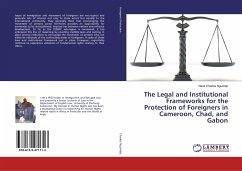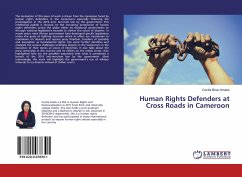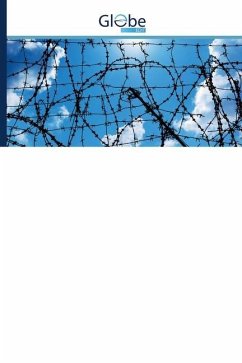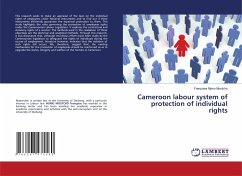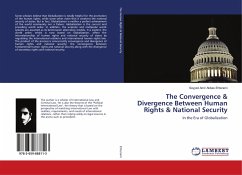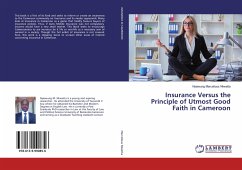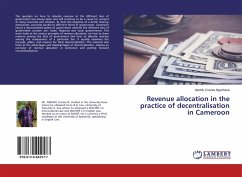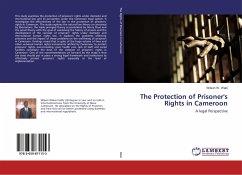
The Protection of Prisoner's Rights in Cameroon
A legal Perspective
Versandkostenfrei!
Versandfertig in 6-10 Tagen
36,99 €
inkl. MwSt.

PAYBACK Punkte
18 °P sammeln!
This study examines the protection of prisoners' rights under domestic and international law and its perception under the Cameroon legal system. It investigates the effectiveness of the law in the protection of prisoners' rights in Cameroon. The study explores the natural law theory as conceived by libertarians; the triple pronged theory as postulated by Henry Shue and the penal theory with the goal of examining the history of prisons and the development of the concept of prisoners' rights under domestic and international human rights law. It explores the problems affecting prisoners and the i...
This study examines the protection of prisoners' rights under domestic and international law and its perception under the Cameroon legal system. It investigates the effectiveness of the law in the protection of prisoners' rights in Cameroon. The study explores the natural law theory as conceived by libertarians; the triple pronged theory as postulated by Henry Shue and the penal theory with the goal of examining the history of prisons and the development of the concept of prisoners' rights under domestic and international human rights law. It explores the problems affecting prisoners and the impact of these problems on the well-being of prisoners in Cameroon. Findings reveal that in spite of the huge volume of laws and other universal human rights instruments ratified by Cameroon to protect prisoners' rights, overcrowding, poor health care, lack of staff and social facilities constitute the basis of the violation of prisoners' rights in Cameroon. One of the recommendations pt forward by the study is that the state should put in place a strong legal framework and institutions to effectively protect prisoners' rights especially at the level of implementation.



